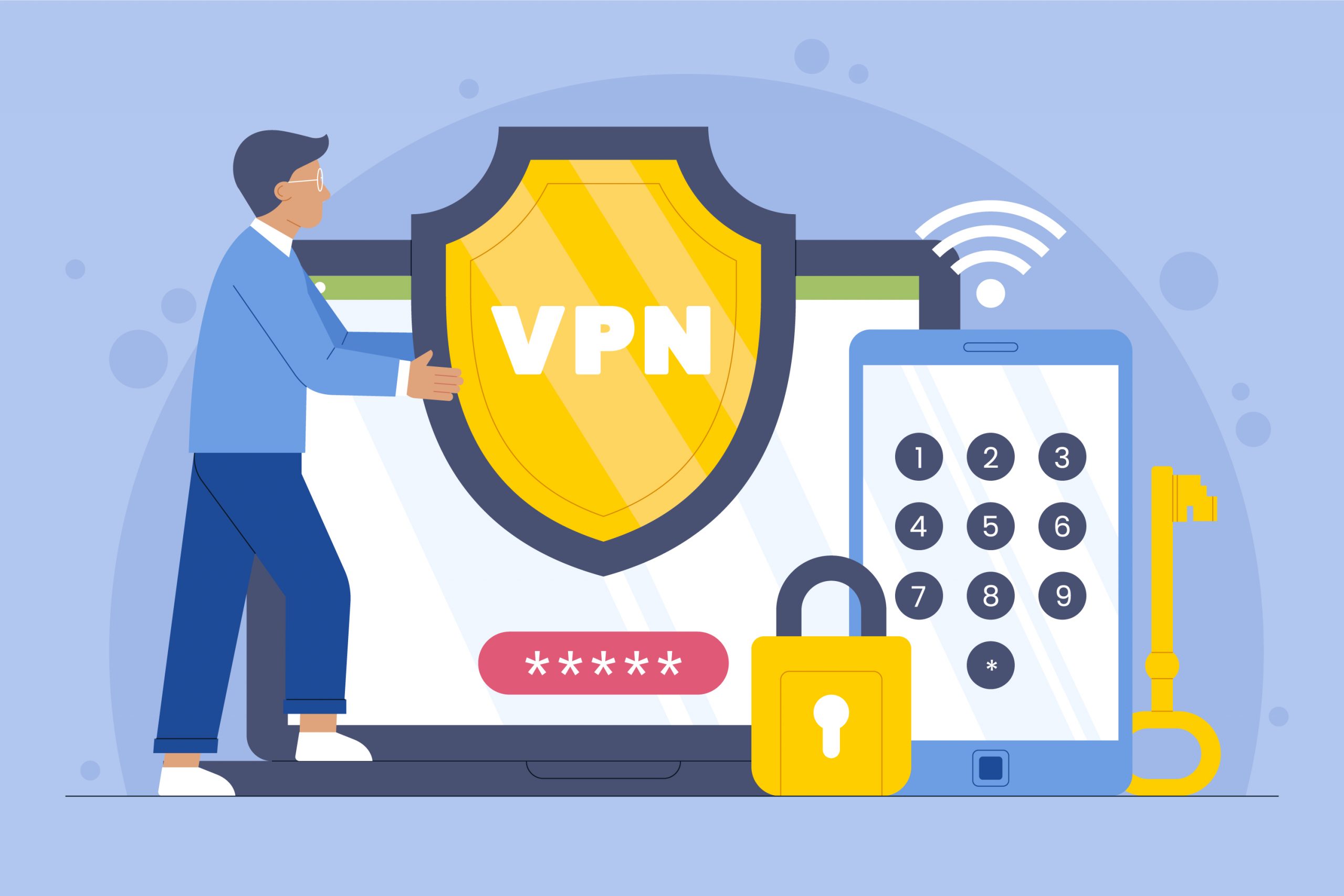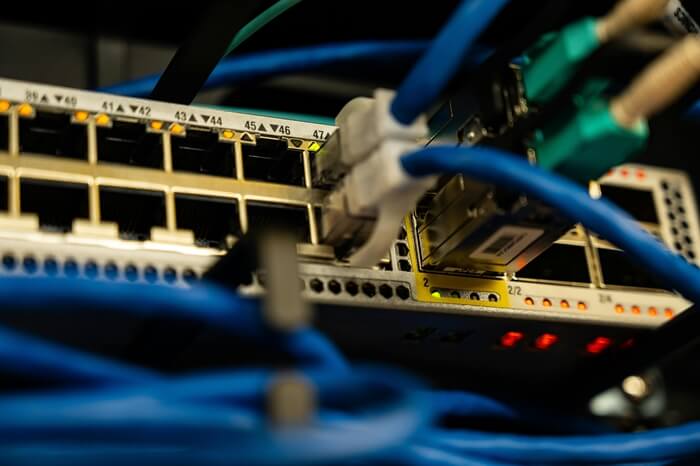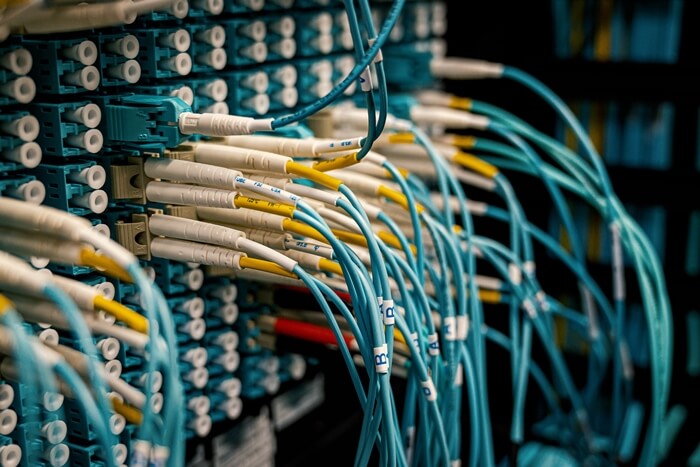The Benefits of Using a VPN: Protecting Your Privacy and Security Online

A VPN or Virtual Private Network offers greater online privacy and security. Having said that, do keep in mind that adhering to online safety practices also plays a key role in the levels of protection you can attain with this feature. These are not the only benefits provided by VPNs and it’s important that when choosing a service provider, you choose one who can offer you maximum anonymity or security.
What is the Difference Between Internet and Intranet?

In today’s digital landscape, ‘internet’ and ‘intranet’ are common terms, yet they represent very different concepts. While they share similarities in basic technology, their purposes, scope, and functionalities differ significantly.
What is Metaverse in Simple Words?

The concept of the metaverse is rapidly gaining traction in the digital world. In simple terms, the metaverse is a collective virtual shared space, created by the convergence of virtually enhanced physical reality and physically persistent virtual spaces, including the sum of all virtual worlds, augmented reality, and the internet.
MAC Address vs IP Address

In the realm of networking, two critical components for device identification and communication are MAC (Media Access Control) and IP (Internet Protocol) addresses.
Broadband vs Fiber

Is Online Banking Safe?

What is Spam in Email?

In the digital age, where email communication is ubiquitous, the phenomenon of spam emails has emerged as a pervasive challenge. These unsolicited messages, often irrelevant and sent in bulk, have become more than just a nuisance; they represent a significant cybersecurity threat.
What are Cookies in Websites?

Web cookies are an integral part of our daily browsing experience, yet their function and impact on privacy are often overlooked.
What is Cache Memory?

Cache memory is a critical aspect of computer architecture, enhancing the efficiency and performance of computers. Here’s a deep dive into its workings, types, and importance.
What is Blockchain Technology and How does it work?

In today’s digital age, where technological advancements are revolutionizing every industry, understanding the fundamentals of blockchain technology is essential. Whether you’re a newcomer to the internet or a tech-savvy individual, blockchain technology has the potential to impact various aspects of your life.


